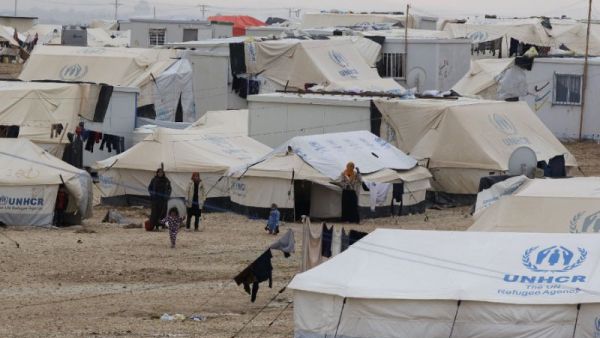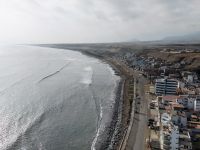- Jodan's government has requested increased aid to address the "huge" refugee burden
- Total funding for the 2017 plan reached only 19.9 percent of the total amount required by the end of October
- $134.7 million was allocated to supporting refugees, $57.6 million for budget support and $33 million earmarked as resilience support
- Germany topped the list of countries committing funds to the plan with $181.4 million provided by the end of October
As funding for the 2017 Jordan Response Plan, aimed at helping the Kingdom overcome challenges ensuing from the Syrian crisis, has only reached around 20 percent of the required amount, the government has called for increased aid to adequately address the “huge” refugee burden.
Funding requirements for the 2017 plan stand at $2.65 billion, but total funding reached only $528.3 million or 19.9 percent of the total amount required by the end of October, according to figures released by the Jordan Response Platform for the Syria Crisis.
Of the total funds for the plan during the first 10 months of this year, $134.7 million was allocated to supporting refugees, $57.6 million for budget support and $33 million earmarked as resilience support.
"There is a need for increasing the aid to the Kingdom in this regard as the burden is huge," a government official told said on Sunday.
"Jordan must be supported as we are doing this on behalf of the international community," the official said over the phone.
- Refugees Convey the Harsh Realities of Winter in Jordan
- Majority of Jordanians Think Economic Problems Biggest Challenge, Poll Reveals
According to the platform's website, until the end of October, $165 million of the total funding was for the education sector, $47 million for the energy sector, and $79 million for social protection.
A total of $21 million was dedicated to local governance and municipal services, $15 million for food security and $118 million for water and sanitation projects, among other targeted sectors.
Germany topped the list of countries committing funds to the plan with $181.4 million provided by the end of October. The UK came second with $45.6 million and Japan was third with $43.7 million.
The EU came fourth with $38.3 million, followed by Saudi Arabia with $27.2 million, France ($22 million), the US ($20 million), Norway ($11.4 million), Switzerland ($9 million), Canada ($8.6 million), Denmark ($8.6 million), the Netherlands ($6.3 million), Italy ($4.3 million), Finland ($4.1 million) and Kuwait ($2.3 million).
The rest of the amount was shared between Spain, Australia, Qatar, Austria, Sweden, Ireland, Taiwan, Belgium, Poland, South Korea, Slovakia, Slovenia, the Czech Republic and other countries.
This article has been adapted from its original source.








